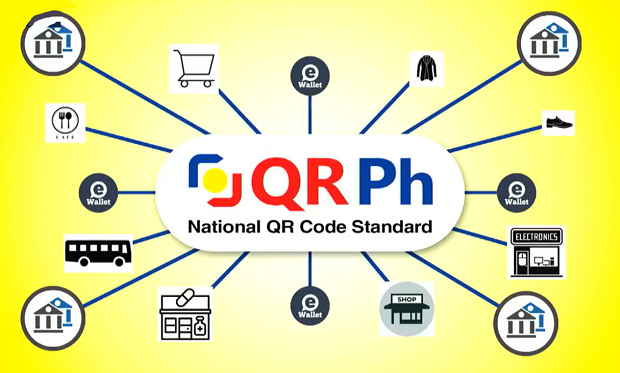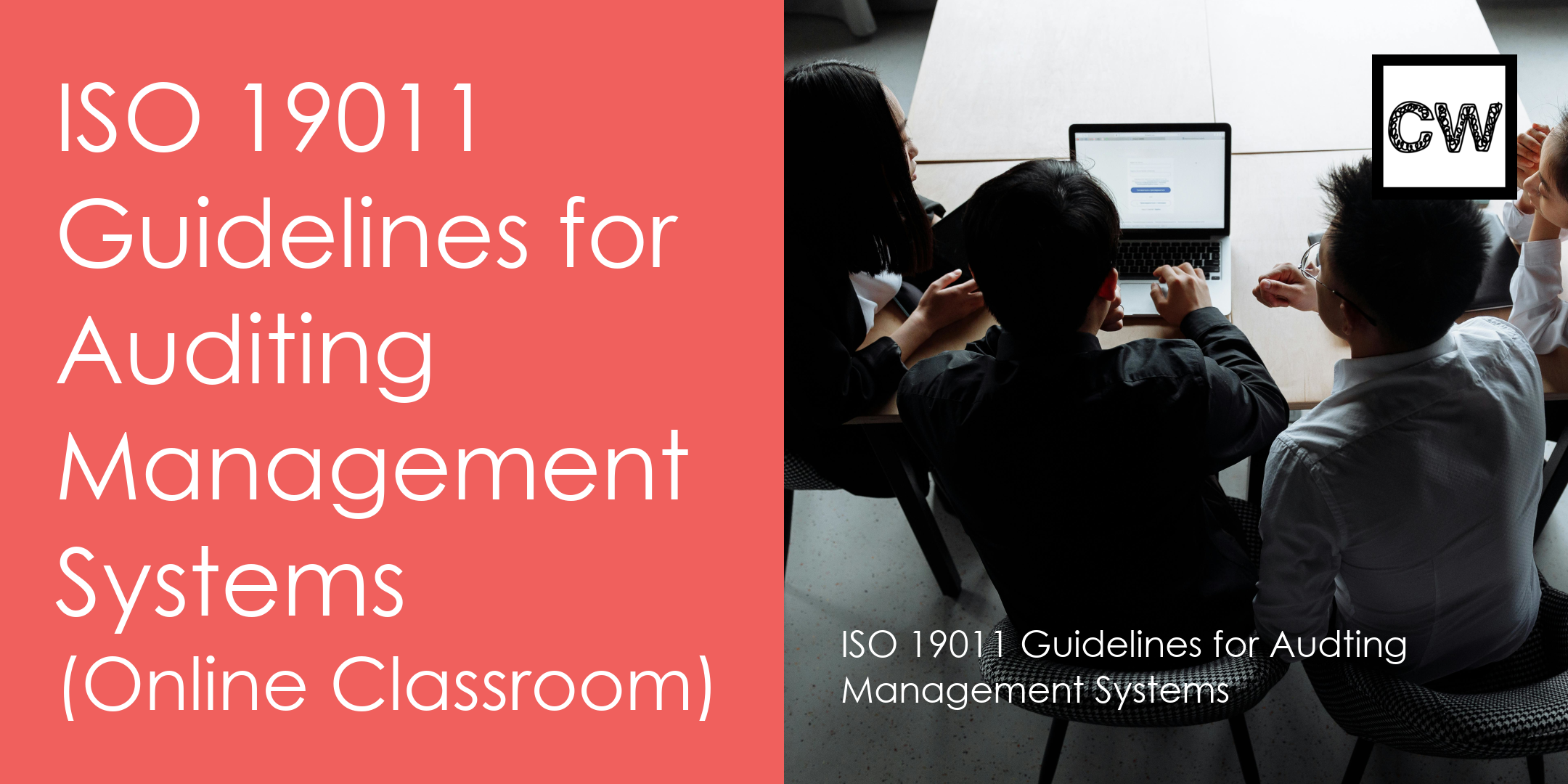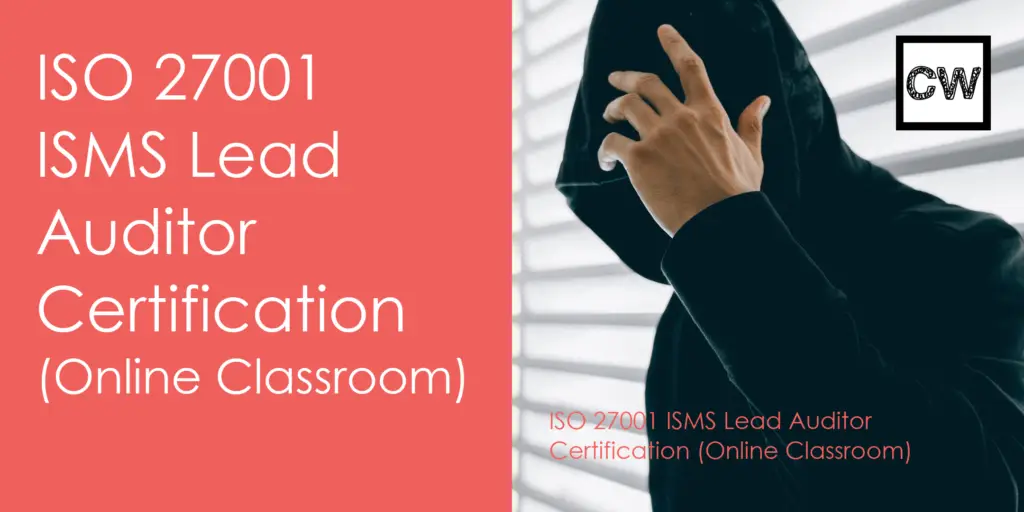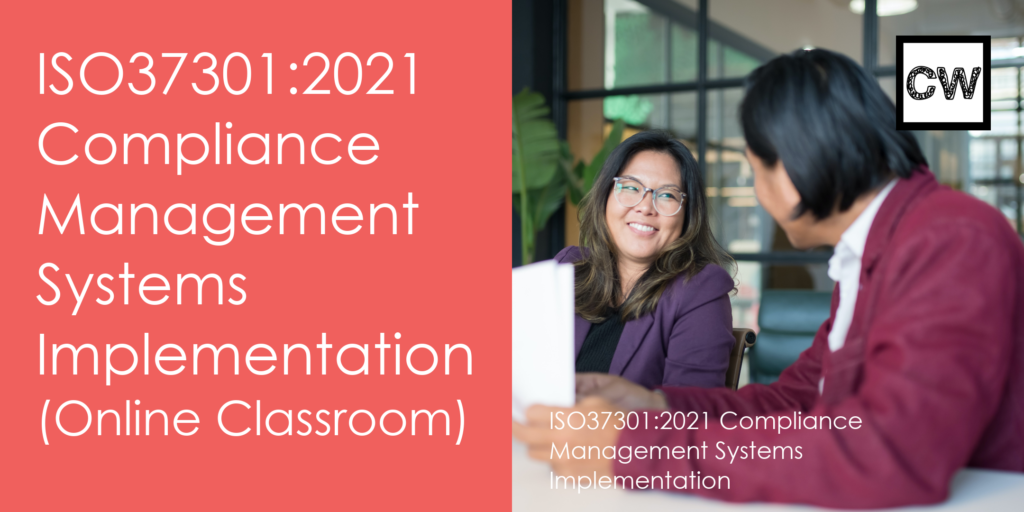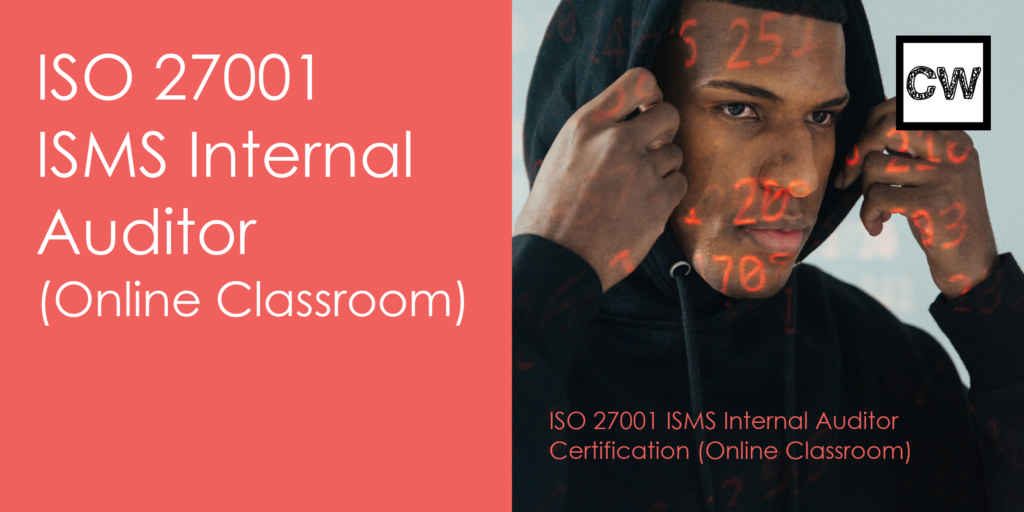This comprehensive two-day course provides participants with a deep understanding of ISO 19011, the international standard for auditing management systems. Through a blend of theoretical knowledge and practical application, attendees will explore key auditing principles, types of audits, and the audit process, including planning, execution, reporting, and follow-up. The course also emphasizes the competencies required for auditors and best practices for evaluation and continuous improvement. On the second day, participants will engage in hands-on exercises, case studies, and group discussions to reinforce learning and apply audit techniques in real-world scenarios. Designed for auditors, quality managers, compliance officers, and management system professionals, this course equips learners with the skills to conduct effective and value-driven audits.
At the end of this course, participants should be able to:
- Understand the principles and framework of ISO 19011
- Develop skills to plan, conduct, and report audits effectively
- Recognize the importance of auditor competence and evaluation
- Apply knowledge through practical exercises and case studies
Course Outline
- Day 1: Introduction to ISO 19011 and Auditing Principles
- Session 1: Overview of ISO 19011
- Introduction to ISO standards
- Purpose and scope of ISO 19011
- Importance of auditing management systems
- Key terms and definitions
- Session 2: Understanding Auditing
- What is an audit?
- Types of audits: Internal vs External
- Audit objectives and benefits
- Key principles of auditing: Integrity, Fair Presentation, Due Professional Care, Confidentiality, and Independence
- Session 3: Audit Process
- Phases of an audit:
- Audit planning
- Audit preparation
- Conducting the audit
- Reporting the audit findings
- Audit follow-up
- Roles and responsibilities in the audit process
- Session 4: Competence and Evaluation of Auditors
- Required competencies for auditors
- Evaluation and continuous improvement of auditor performance
- Day 2: Practical Application and Case Studies
- Session 5: Audit Planning and Preparation
- Developing an audit plan
- Criteria for selecting audit teams
- Preparing for the audit: documentation review, checklists, and resource allocation
- Session 6: Conducting the Audit
- Techniques for collecting audit evidence
- Interviewing techniques and effective communication
- Observational skills and documentation practices
- Session 7: Reporting and Follow-up
- Structuring the audit report
- Communicating findings and recommendations
- Follow-up actions and verification of corrective actions
- Session 8: Case Studies and Group Exercise
- Analyzing audit scenarios
- Group discussion and problem-solving
- Sharing experiences and best practices
Course Duration
Delivery Methodologies
- Online Lecture and Discussion
- Individual Assignments
- Activity / Quizzes
- Case study
This course is recommended for
- Auditors and lead auditors
- Quality managers
- Compliance officers
- Management system professionals
